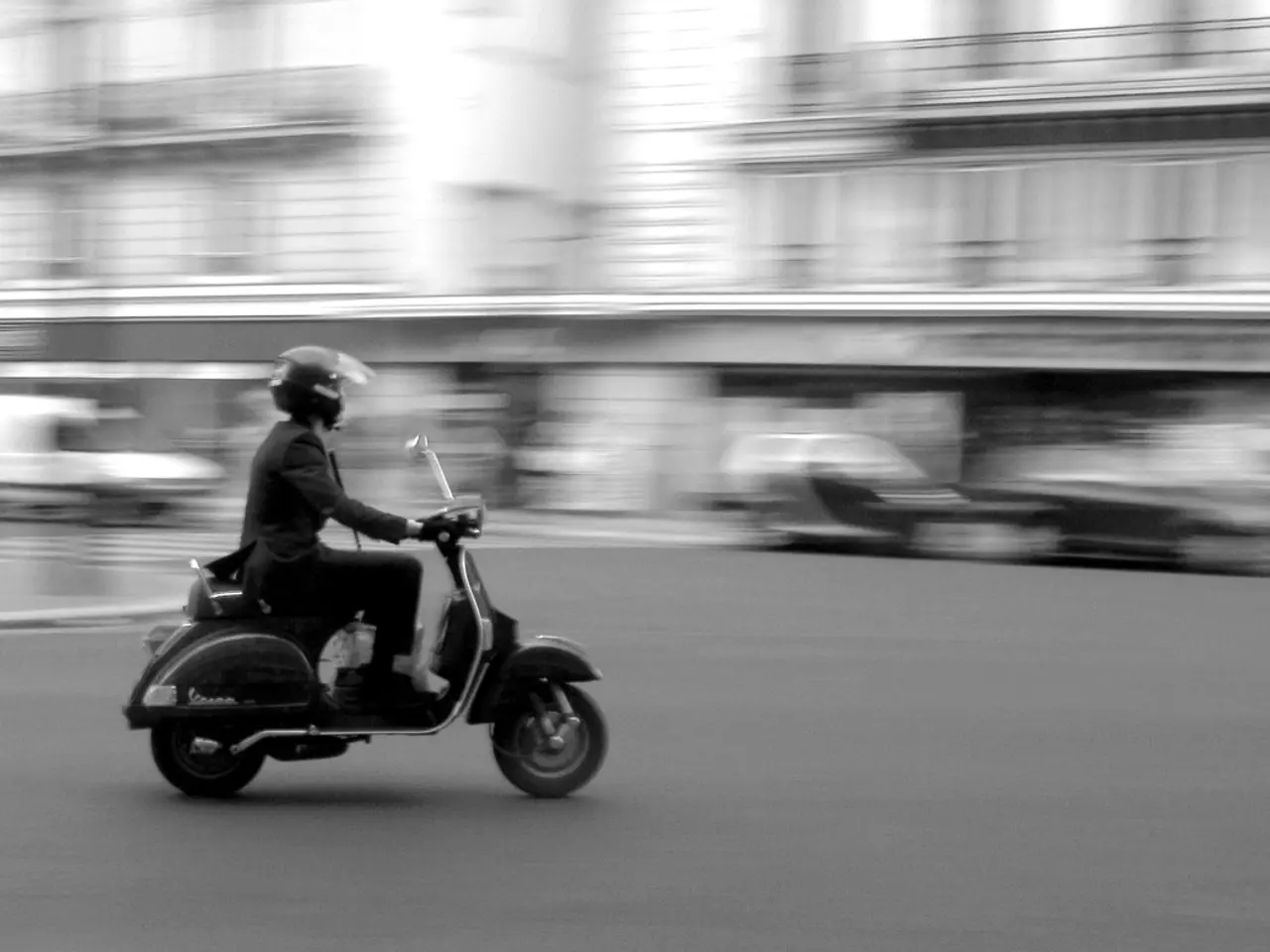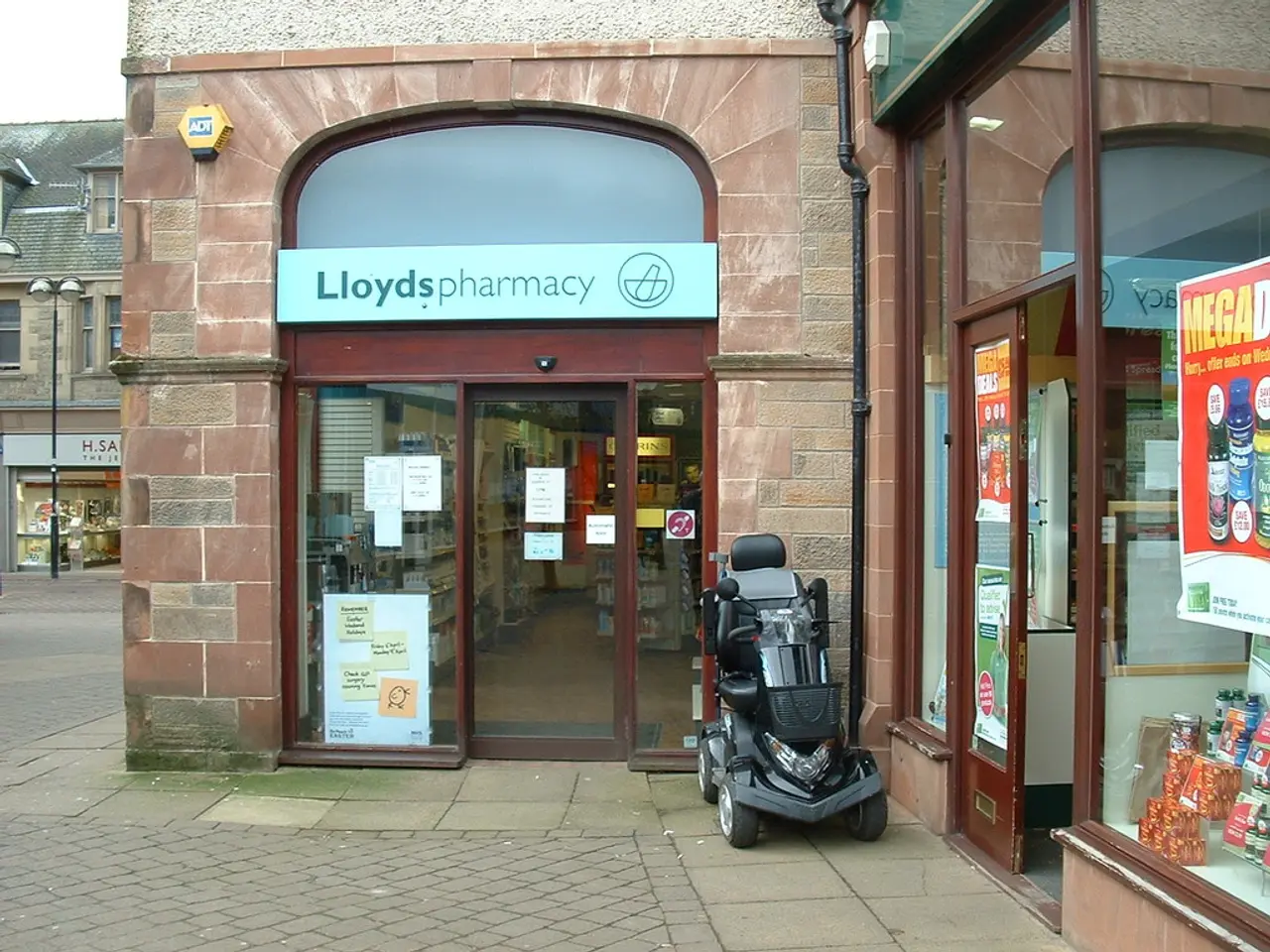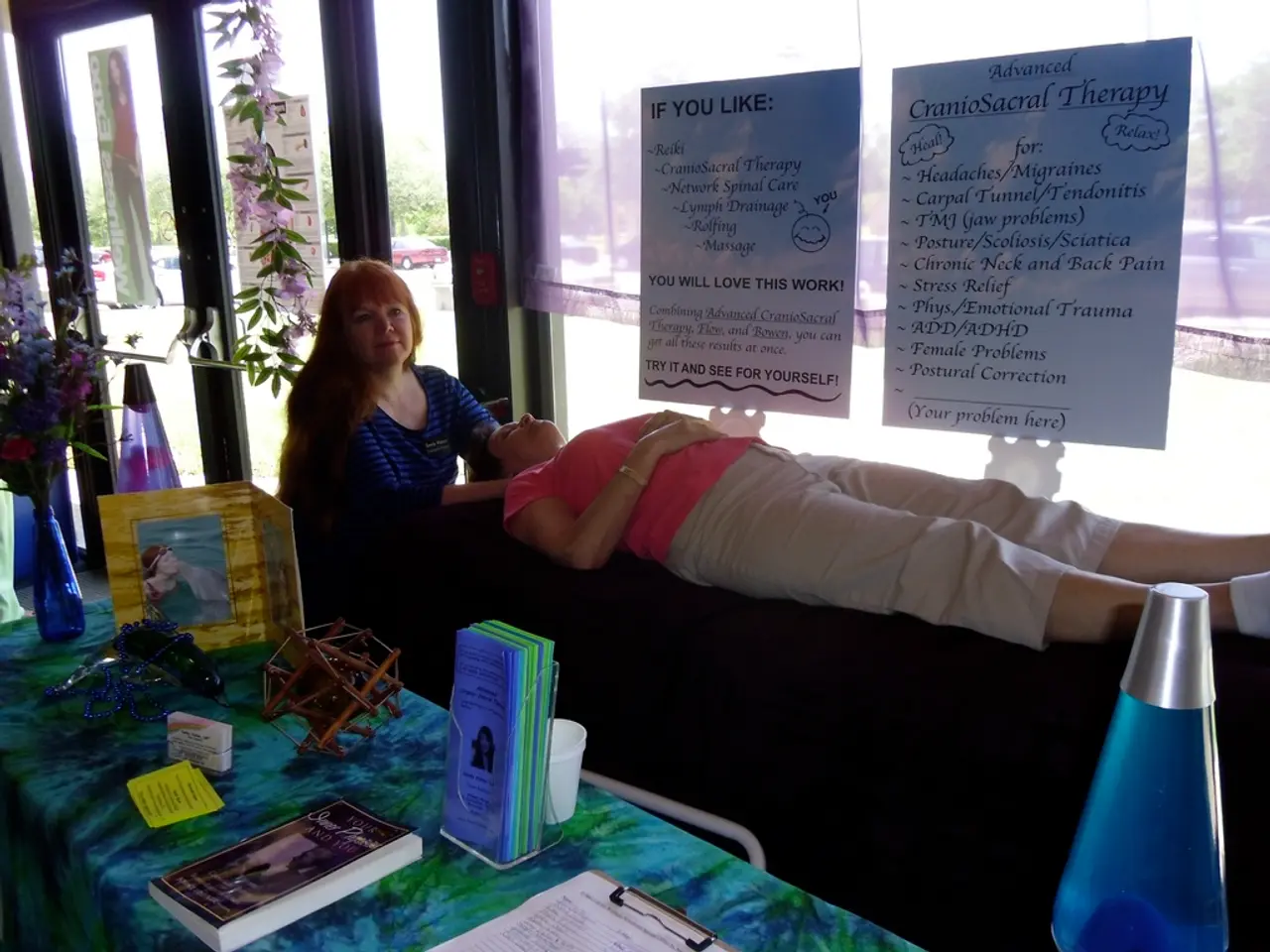Liability in Electronic Scooter Accidents: Who Bears the Responsibility?
E-scooters have become a popular mode of transportation in many cities, but they also pose a risk to both riders and pedestrians. According to recent reports, e-scooter injuries have surged by nearly 450% from 2017 to 2022.
Determining liability in e-scooter accidents is a complex matter, as it depends on the specific circumstances of each incident. Common liable parties include the scooter operator for reckless or negligent behavior, manufacturers for defective design or maintenance failures, third parties such as drivers or pedestrians who act negligently, property owners who fail to maintain safe premises, and sometimes government entities responsible for road conditions.
In situations involving product defects, liability often falls on the manufacturer, parts suppliers, retailers, rental companies, or repair services if a defect or malfunction caused the accident, independent of negligence. Common legal challenges faced by injury victims include determining fault amid multiple potentially liable parties, proving product defects in product liability claims without negligence, and navigating complex urban environments where accidents often involve pedestrians, vehicles, and infrastructure hazards.
If a rider is injured due to reckless behavior, they may be held fully or partially liable for their own injuries, depending on comparative negligence laws in their state. However, even if a rider signs a liability waiver in a user agreement, this may not prevent a lawsuit if gross negligence is involved.
E-scooter accidents can also lead to pedestrians being injured by careless riders on sidewalks. In some rare cases, another pedestrian, cyclist, or even another scooter rider may be at fault for causing a scooter accident. Some e-scooter injuries result from malfunctioning brakes or throttles.
Poor infrastructure, such as cracked pavement, unmarked hazards, or lack of bike lanes, can expose cities to premises liability or negligence claims when they cause scooter accidents. Scooter companies may be liable if the accident was caused by a defect or lack of maintenance, including product liability (defective brakes, unstable frames) and negligent maintenance (failing to inspect or repair damaged scooters).
If a car hits a scooter rider, the driver may be liable, similar to a car vs. pedestrian accident, often involving distracted driving or failure to yield. Inadequate warnings or instructions from scooter companies can also be a legal claim.
Courts are increasingly scrutinizing arbitration clauses, waivers of liability, and limitations on damages in scooter rental agreements. If you're injured in a scooter accident, it's crucial to seek medical attention immediately, take photos of the scene, get witness statements and contact info, file a police report, preserve the scooter for future inspection, and avoid speaking to insurers without legal advice.
Insurance coverage for e-scooter accidents is a legal gray area, making personal injury claims more complex. An experienced personal injury attorney can help with these claims related to e-scooter accidents. Establishing liability in e-scooter accidents frequently requires detailed investigation and legal support to address the mixture of operator actions, product issues, environmental factors, and regulatory complexities.
In the realms of health-and-wellness, the surge in e-scooter injuries from 2017 to 2022 has brought about a need for personal injury attorneys, as determining liability can be intricate and involve various parties, including scooter operators, manufacturers, pedestrians, property owners, government entities, and third parties. In finance, navigating insurance coverage for e-scooter accidents is a legal gray area, demanding the expertise of experienced personal injury attorneys.




